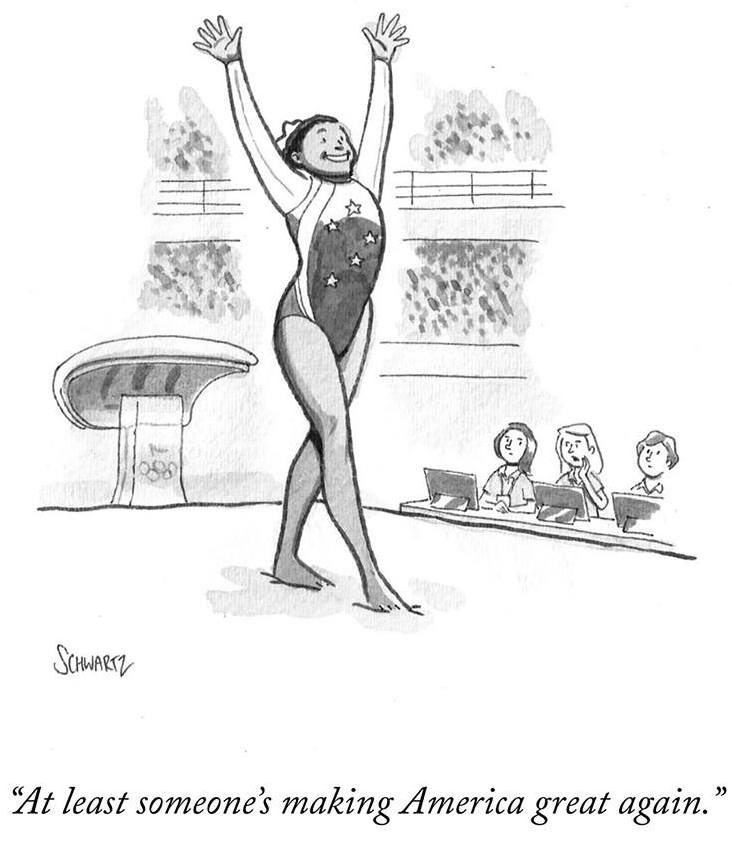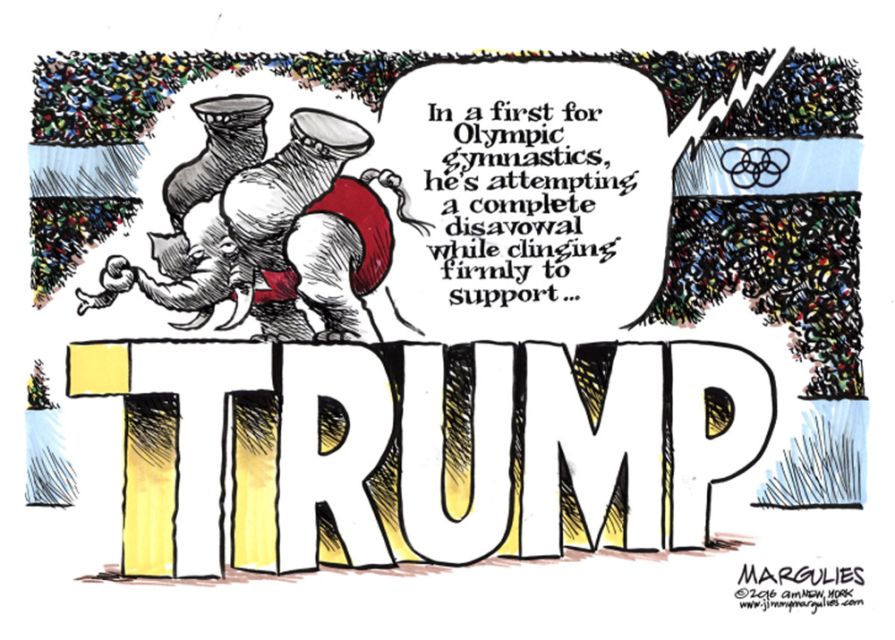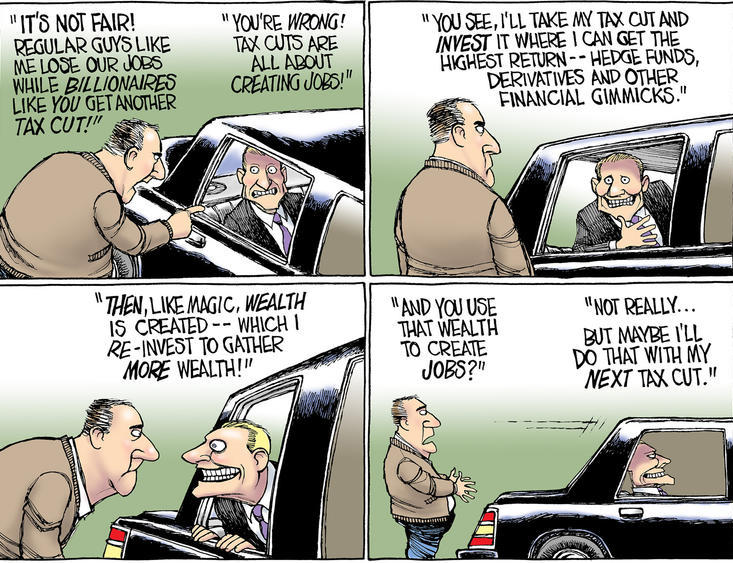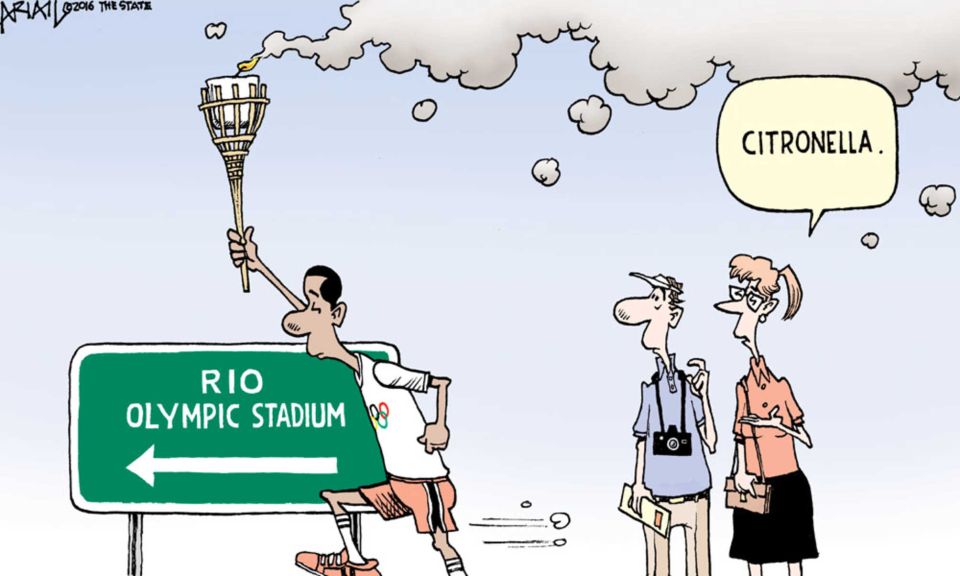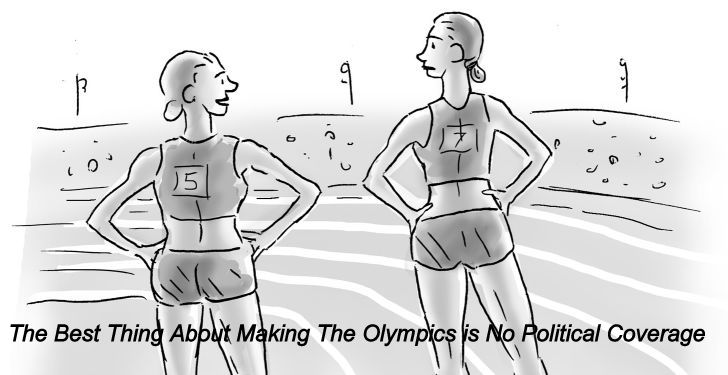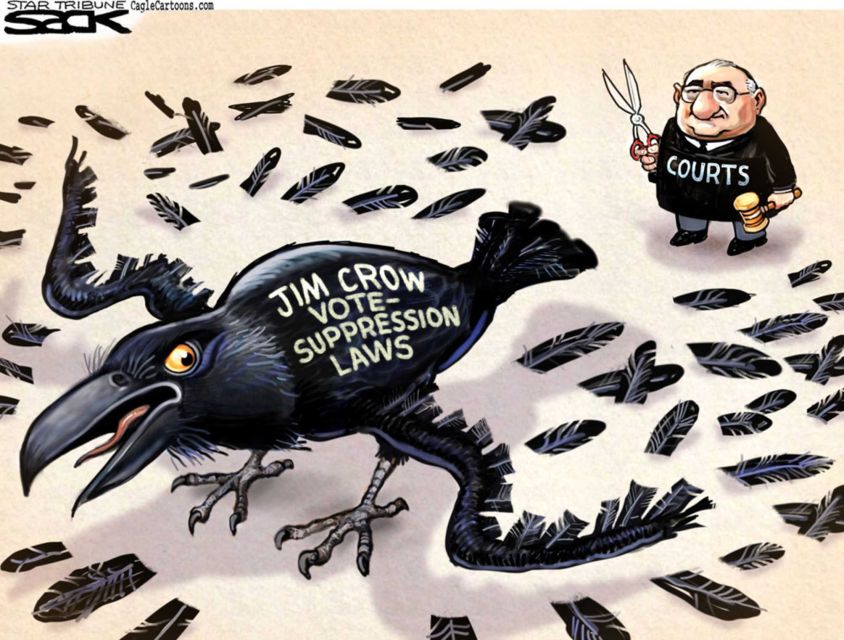We spent Wednesday traveling the Going to the Sun Road (GTTSR) across Glacier National Park from West to East. The weather was perfect for the 50 mile trip, which we took in one of the red, “Jammer” coaches. Below is a photo taken at Logan Pass, a place to view the Continental Divide, or what the park rangers call the “Garden Wall”. The Garden Wall was formed by glaciers scouring both sides, making it a knife-edge like series of mountains. The Blackfeet called the Continental Divide the “Backbone of the World”:

The horizontal white line on the photo above is the GTTSR coming from the West Glacier area.
Only 25 glaciers remain in Glacier National Park, down from 150 in the 1850’s, which was at the end of the so-called Little Ice Age that predated the start of the industrial revolution. Here is a photo of one of the most accessible remaining in the park, Jackson Glacier:

If you want to witness one of the last glaciers, this one is easy to view, and as they say, it’s going, going, gone for Jackson Glacier, maybe in the next five years.
Towards the end of our trip on the GTTSR road, we moved from above the tree line to a “Parkland” forest at about 4500’, Upper St. Mary Lake, on the East side of the Continental Divide. It is almost 10 miles long. Here is a view of Upper St. Mary Lake, looking up the lake at the steep mountains that surround it:

The little island visible in the photo is Wild Goose Island. This is considered to be the most iconic view of Glacier Park. Triple Divide peak is on the left. It is one of a few spots where water can flow in three different directions, to the Pacific Ocean, the Atlantic Ocean, and to Hudson Bay and the Arctic Ocean. The area was scarred by a forest fire in 2015, so while evidence of the fire is very apparent, so are the many wild flowers that grew in the fire’s wake.
No story about Glacier Park would be complete without a discussion of the Blackfeet Indians. The Blackfeet owned the land that became Glacier. In 1895, representatives of the US and Blackfoot leaders met to discuss the purchase, but the Blackfoot were reluctant to sell.
After pressure, the leaders agreed to the sale for $1.3 million.
Glacier Park was created because the Great Northern Railway wanted a destination venue for their railroad. The park provided a tourist destination; the Great Northern provided the transportation and also owned the hotels adjacent to the park. Great Northern promoted the park as an “Indian” destination and referred to the Blackfeet as “Glacier Park Indians.”
Great Northern arranged for these thespian Indians to meet tourists as they got off the train, and tipis were installed near the park lodges. Thursday’s visit by Wrongo and Ms. Right to East Glacier, home of the Glacier Park Lodge, confirmed that the tipis are still onsite. Glacier National Park Lodge was the brainchild of Louis W Hill, son of the railway’s founder, James J Hill. The lodge is listed on the National Register of Historic Places. Here is a photo of the iconic great hall of the lodge:

As a part of its Glacier National Park promotion, the Great Northern Railway in 1915 produced a movie entitled A Day in the Life of a Glacier Park Indian.
If you ever get to East Glacier, make time to visit the Museum of the Plains Indian in Browning Montana; it is well worth your time. Browning is located on the Blackfoot Reservation, and is the capital city of the reservation. If Gregg is there, you will hear a straight forward talk about how the Europeans won the land grab war with many different Indian tribes, and how the Blackfeet have been on their ancestral lands for 10,000 years.
In a sad commentary, Browning is considering bankruptcy


 Finally, we spent time at the Lake McDonald Lodge. It is run by
Finally, we spent time at the Lake McDonald Lodge. It is run by 


